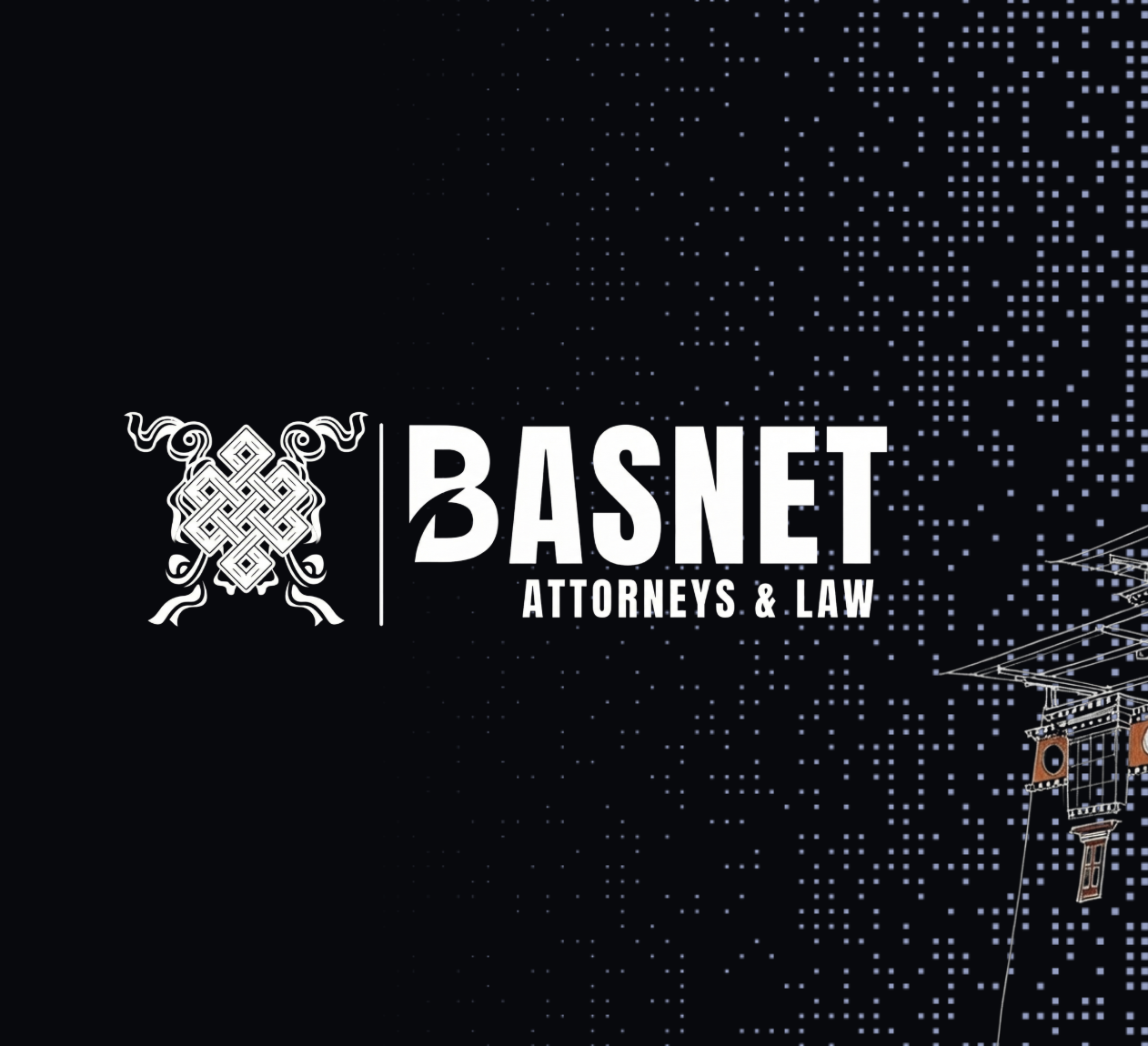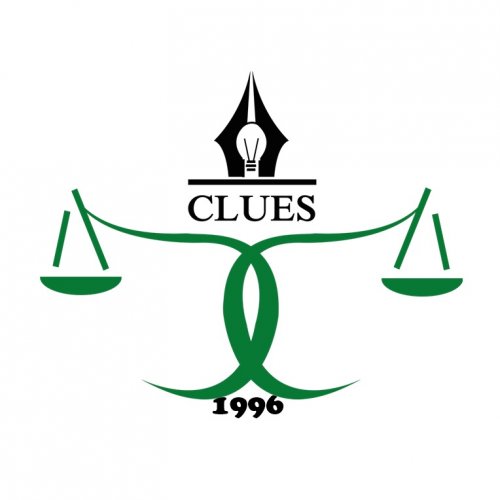Best Art & Cultural Property Law Lawyers in Bhutan
Share your needs with us, get contacted by law firms.
Free. Takes 2 min.
Or refine your search by selecting a city:
List of the best lawyers in Bhutan

Basnet Attorneys and Law - A Premier law Firm in Bhutan
15 minutes Free ConsultationAbout Art & Cultural Property Law in Bhutan
Art & Cultural Property Law in Bhutan focuses on the protection, management, and preservation of the country's rich cultural heritage. Bhutan's legal framework governs the ownership, transfer, and conservation of tangible and intangible cultural properties. This includes traditional arts, crafts, cultural artifacts, and sacred sites. Policies are in place to ensure that Bhutanese culture is respected and preserved for future generations while enabling cultural exchange and understanding.
Why You May Need a Lawyer
People may require legal assistance in Art & Cultural Property Law for various reasons, including:
- Disputes over the ownership or restitution of cultural artifacts.
- Understanding Bhutanese laws when acquiring or selling art and artifacts.
- Representation in discussions with government agencies regarding cultural heritage sites.
- Legal advice on the import, export, or donation of cultural property.
- Issues arising from cultural property found on private or public land.
- Protection of intellectual property rights related to traditional Bhutanese crafts and designs.
Local Laws Overview
Bhutan has specific laws and regulations pertaining to the protection of cultural heritage, including:
- The Heritage Sites Act: Focuses on the identification and conservation of cultural sites.
- The Cultural Property Act: Governs the handling and transaction of cultural artifacts within the country and abroad.
- Regulations on traditional practices and the preservation of intangible cultural heritage.
These laws ensure that cultural properties are not only preserved but also shared and respected in any exchange, whether commercial or cultural.
Frequently Asked Questions
What constitutes cultural property in Bhutan?
Cultural property includes traditional art, crafts, artifacts, historic sites, and any other materials or locations of cultural significance, both tangible and intangible.
Can cultural artifacts be exported from Bhutan?
Exporting cultural artifacts from Bhutan is heavily regulated and typically requires permission from the appropriate governmental bodies to ensure cultural preservation.
How are disputes over cultural property handled?
Disputes are often resolved through negotiations or legal proceedings under Bhutanese law, with the courts interpreting and applying relevant statutes and customary practices.
Are there penalties for violating cultural heritage laws?
Yes, penalties can include fines, confiscation of artifacts, and legal action, depending on the severity of the violation.
How can I determine if an artifact is protected under Bhutanese law?
Consult with cultural authorities or legal experts in Bhutan to verify if an artifact falls under the cultural protection regulations.
What roles do local communities have in cultural property law?
Local communities are often involved in the preservation and management of cultural sites and practices, and they play a crucial role in maintaining cultural heritage.
Can I register a cultural property?
Yes, cultural properties can be registered with the Ministry of Home and Cultural Affairs to ensure legal protection and recognition.
How does Bhutan handle cases of looted cultural property?
National and international laws are enforced to repatriate looted cultural properties, often involving legal proceedings and collaboration with international bodies.
What is the government's role in protecting cultural heritage?
The government establishes policies, regulations, and programs to protect and manage Bhutan's cultural heritage, often working with international organizations.
Are there any international agreements Bhutan is a part of regarding cultural property?
Bhutan cooperates with international bodies like UNESCO and adheres to global conventions to safeguard cultural heritage on a broader scale.
Additional Resources
If you need more information or assistance, consider reaching out to the following resources:
- The Ministry of Home and Cultural Affairs: Provides guidelines and support regarding cultural heritage laws.
- The National Commission for Cultural Affairs: Offers resources and assistance related to cultural property.
- Bhutanese legal consultants specializing in art & cultural property law.
- International organizations like UNESCO that work towards preserving cultural heritage.
Next Steps
If you have a legal issue or need advice about art & cultural property law in Bhutan, consider the following course of action:
- Consult with a lawyer who specializes in art and cultural property law to understand your rights and obligations.
- Gather all relevant documentation and data concerning your case or inquiry.
- Reach out to local authorities for guidance and support in navigating Bhutanese law.
- Be aware of and comply with both national and international regulations regarding cultural property.
Taking these steps can help ensure you manage your cultural heritage issues effectively and according to Bhutanese laws and customs.
Lawzana helps you find the best lawyers and law firms in Bhutan through a curated and pre-screened list of qualified legal professionals. Our platform offers rankings and detailed profiles of attorneys and law firms, allowing you to compare based on practice areas, including Art & Cultural Property Law, experience, and client feedback.
Each profile includes a description of the firm's areas of practice, client reviews, team members and partners, year of establishment, spoken languages, office locations, contact information, social media presence, and any published articles or resources. Most firms on our platform speak English and are experienced in both local and international legal matters.
Get a quote from top-rated law firms in Bhutan — quickly, securely, and without unnecessary hassle.
Disclaimer:
The information provided on this page is for general informational purposes only and does not constitute legal advice. While we strive to ensure the accuracy and relevance of the content, legal information may change over time, and interpretations of the law can vary. You should always consult with a qualified legal professional for advice specific to your situation.
We disclaim all liability for actions taken or not taken based on the content of this page. If you believe any information is incorrect or outdated, please contact us, and we will review and update it where appropriate.
Browse art & cultural property law law firms by city in Bhutan
Refine your search by selecting a city.








